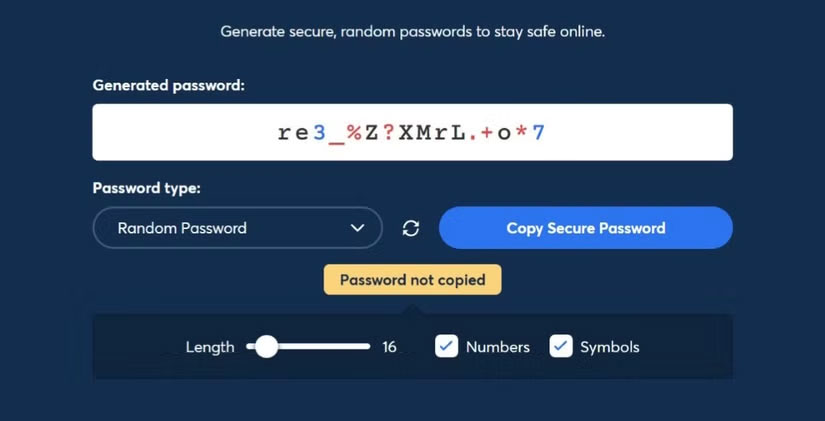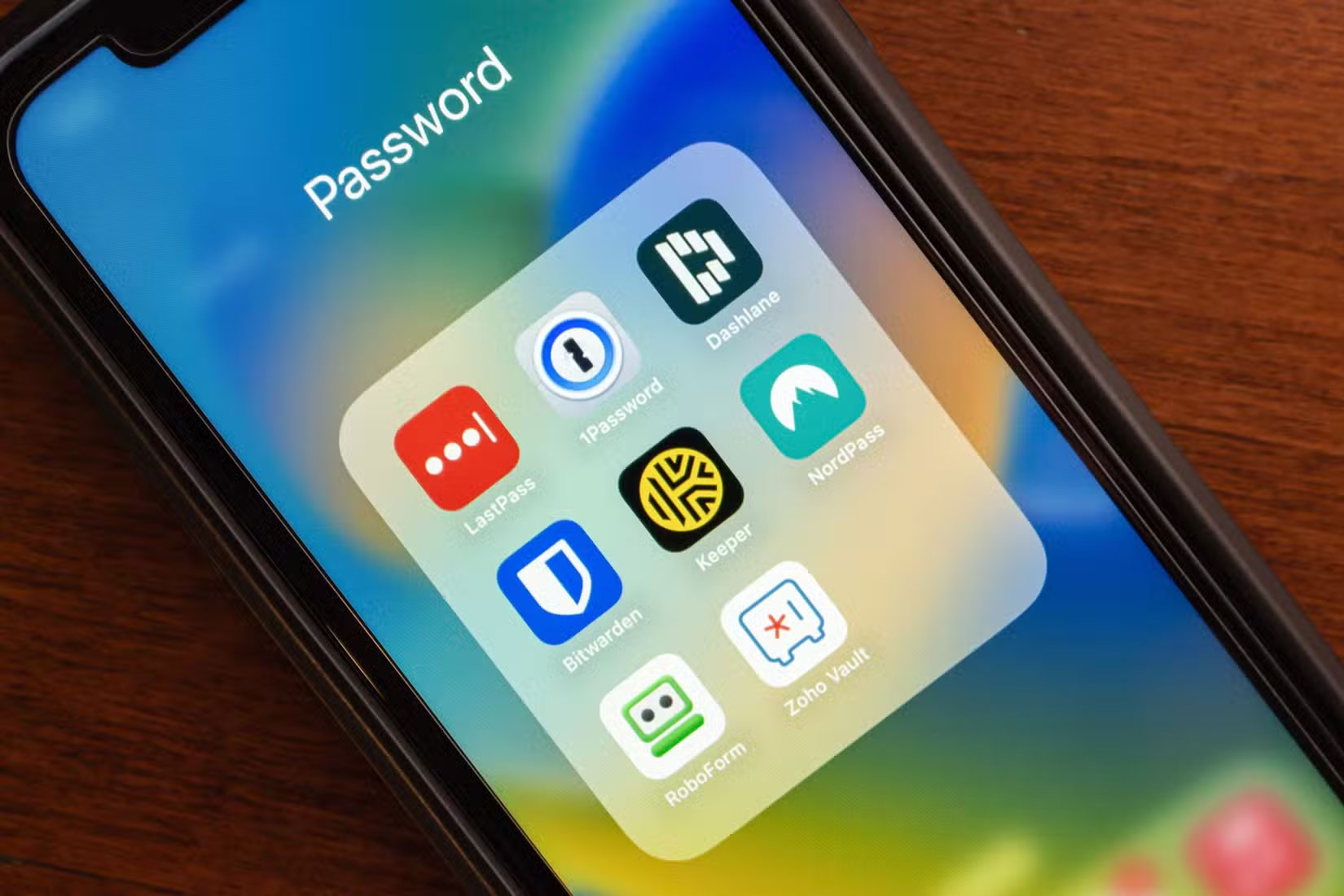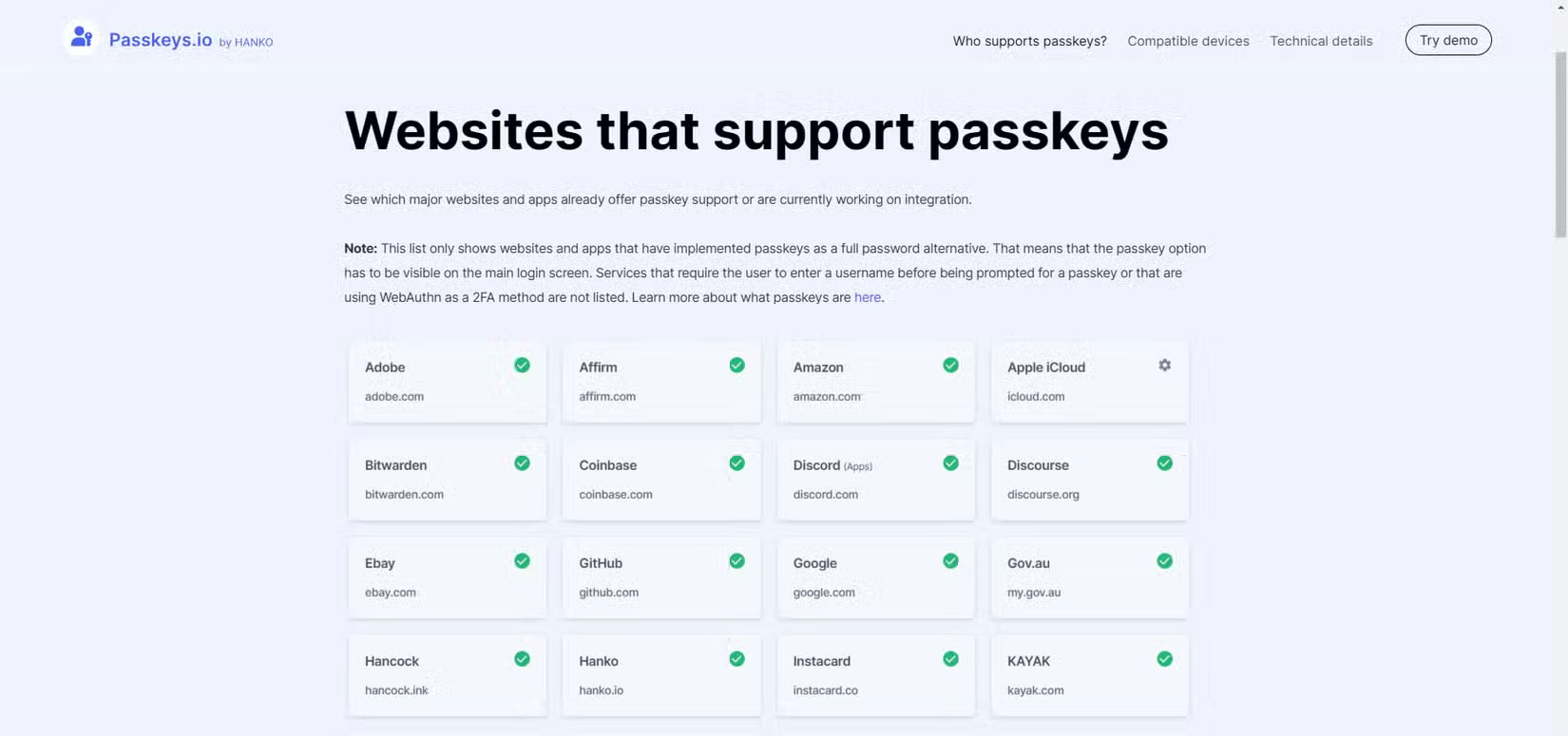How often should I change my password?
For years, many people have followed the advice to change their passwords every few months. But is this really necessary these days? Conventional security is outdated and can even make your accounts less secure.
The old method is no longer valid.
We've all heard it before - change your passwords every month or two to keep your accounts secure. This advice has been drilled into our heads by IT departments, security blogs, and even government agencies for decades. Many people have taken this advice to heart and updated all their important passwords on a rotating schedule.
But here's the thing: This approach is fundamentally flawed. When people are forced to change their passwords frequently, they tend to create variations of old passwords or use simpler, more memorable ones. For example, adding a "1" to the end, then adding a "2" to the next one, makes your password technically different but actually insecure.

Security experts now realize that frequent mandatory password changes often lead to weaker, not stronger, security measures. The National Institute of Standards and Technology (NIST) has actually reversed its recommendation to periodically change passwords, but somehow that hasn't caught on.
If you're not already using a password manager , now's the time to start. Password managers have many practical uses and store all your login information securely, so you don't have to rely on memory or patterns that hackers can exploit.
Many people used to rely on Google Password Manager , but privacy concerns have pushed people to look for an alternative like Proton Pass , which has become the new favorite password manager due to its open source transparency.
Why shouldn't you change your security password regularly?
The problem with changing your password regularly is that it solves the wrong problem. If your password is really strong and unique—a long, random string of characters that you've never used anywhere else—then changing it doesn't really improve your security much.
Constantly changing passwords introduces human error into the security equation. It's not uncommon to change a password and then immediately forget it, leaving you locked out of your account. This frustration leads many people to choose convenience over security.
When organizations require frequent password changes, employees tend to choose passwords that follow predictable patterns. These patterns are familiar to hackers, making them potentially less secure than using strong passwords over time.
Password managers have built-in password generators that let you create strong, unique passwords . But if you don't use a password generator, consider using web-based password tools to generate strong passphrases instead.

Change your password only in the following specific situations
Instead of changing your passwords on an arbitrary schedule, focus on specific factors that ensure password updates. This approach is not only more practical, but also more effective in keeping your accounts secure.
After a data breach is probably the most obvious time to change your password. If a service you use announces that it has been breached, don't wait! Change your password immediately! You can use the password monitoring tool in your password manager to find any compromised credentials.
If you've shared your password with someone else, even temporarily, it's time to change it. Whether it's sharing it with a family member or a co-worker to access Netflix, when you no longer need that access, update your password.
If you have used unsecured public Wi-Fi without a VPN (i.e. one that did not require a password to access the internet), you should change the passwords for any accounts you accessed during that session. Public networks can be a breeding ground for hackers, so make it a habit to update sensitive passwords after traveling and using hotel or coffee shop Wi-Fi.
Suspect your device has malware? Change your password! Before making any changes, however, run a thorough malware scan and clean up your system; otherwise, your new password could be compromised in no time.
If you're still using the same password on multiple sites, change them to unique passwords as soon as possible. A good password manager with the necessary features will make this process much easier, allowing you to generate and store complex, unique passwords for every service.
Instead of changing your password, do this!

Instead of obsessing over changing your password every few months, there are more effective strategies for keeping your accounts secure. These approaches give you peace of mind without having to constantly remember new login information.
Using a password manager changes everything. You might think you can keep track of everything yourself, but it's not easy. Password managers generate complex, unique passwords for every site, and you only have to remember one master password. Most password managers use AES-256 encryption, but look for an option that has never had a data breach (LastPass has been hacked multiple times).
Turn on two-factor authentication (2FA) whenever possible. This extra layer of security means that even if someone somehow gets your password, they still can't access your account without a second factor (usually your phone or a 2FA app). Set this up for all your financial, email, and social media accounts, and it can detect any suspicious login attempts.
Use biometric authentication when possible, as fingerprints are much harder to steal than passwords. While not perfect, biometrics add a convenient layer of security without requiring you to remember anything. This is a must-have for both banking apps and password managers.

Another thing to do is to keep your devices and software up to date, as many breaches occur through known vulnerabilities that have already been patched. Don't put off updating for weeks, as the security patch you've been delaying could have prevented a security breach, and a simple change could have made your password more secure.
Beware of phishing attempts! No password system can protect you if you willingly give your login information to an attacker. Never click on links in emails for sensitive accounts! Instead, navigate to the site manually.
Start using passwords when possible. This authentication method is starting to replace traditional passwords entirely. You can use them with some major services. There are security differences between passwords and passcodes, but passcodes are both more secure and more convenient than passwords. This technology is still in its infancy, but it may be the future of authentication.

Remember, the goal isn't to change your passwords frequently, but to create a security system that's resilient to real threats while still being practical enough that you can stick with it. That's a truly effective password strategy!